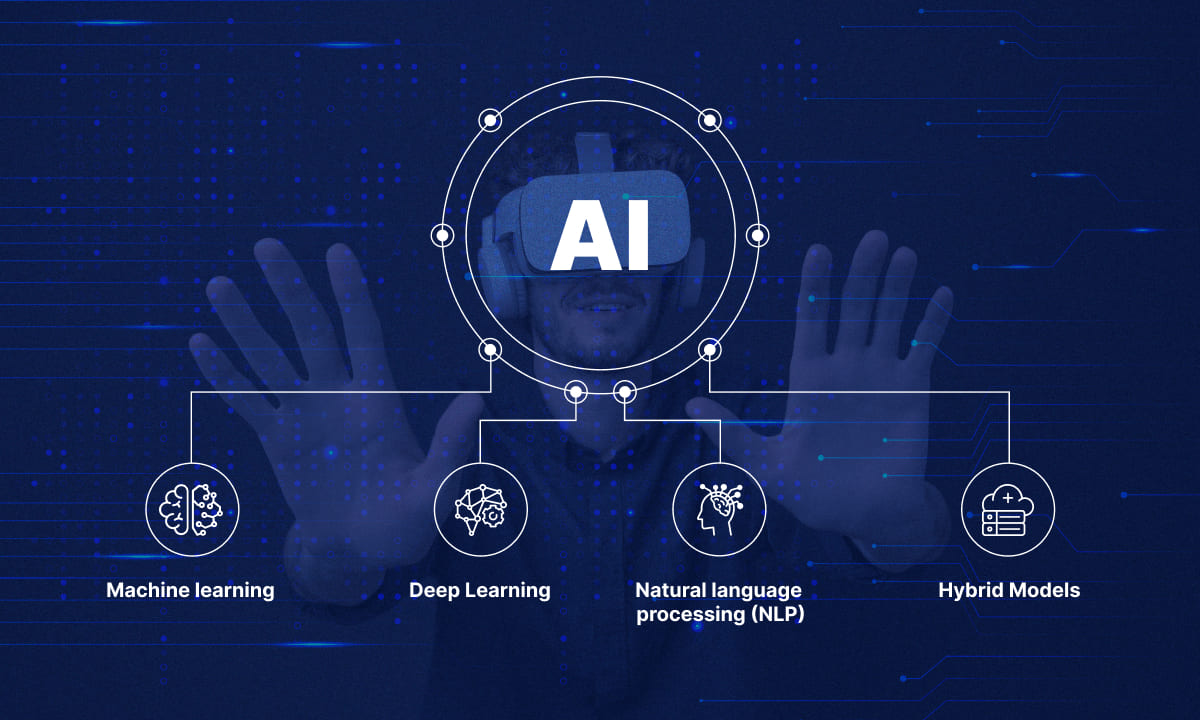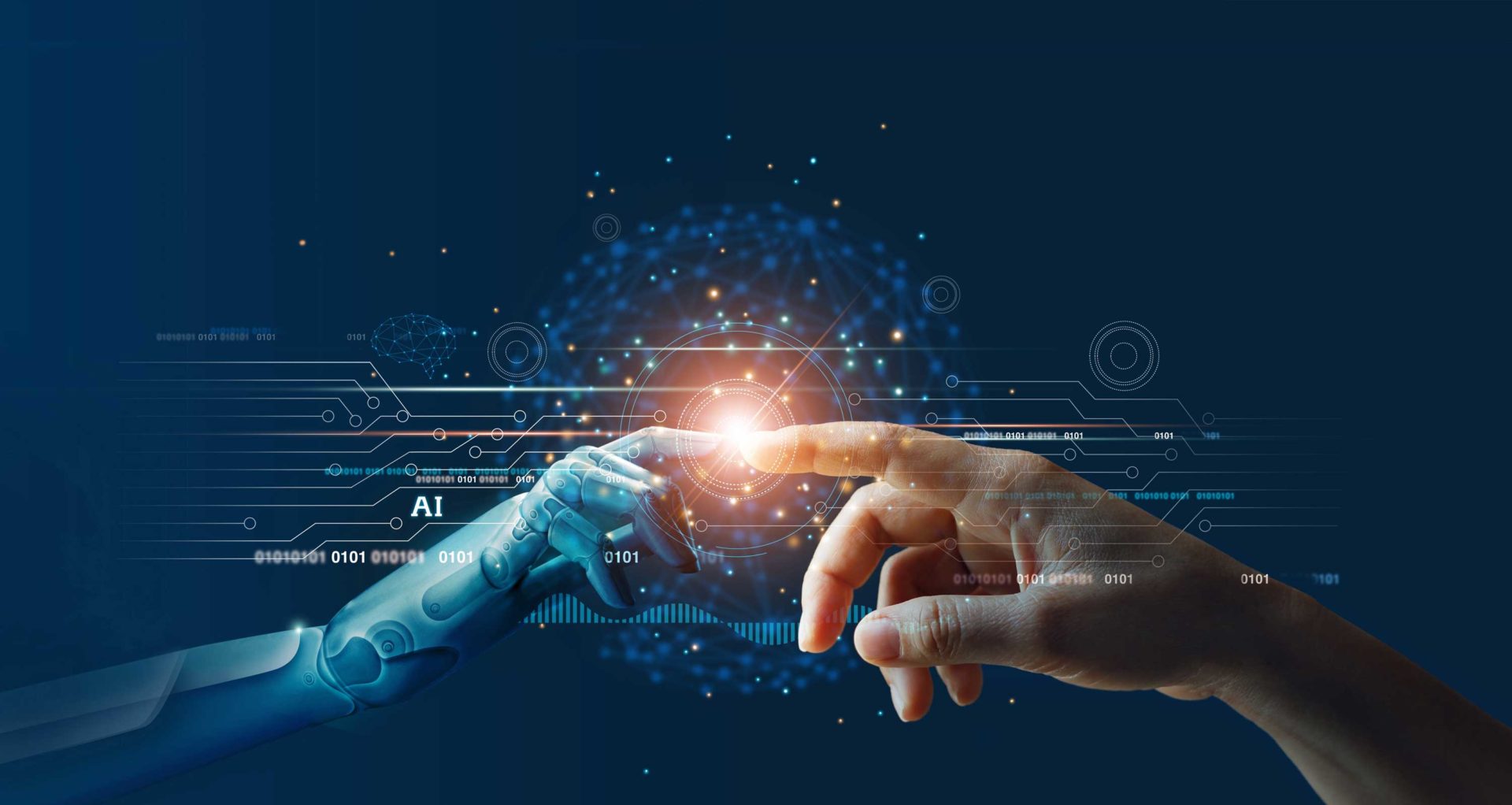
The Dark Side of Innovation: How Technology is Contributing to Human Rights Violations
The rapid advancement of technology has brought about unprecedented convenience and innovation to our daily lives. However, a recent research briefing by Amnesty International has shed light on the darker side of technological progress. The briefing reveals how technology is contributing to human rights violations, particularly at borders, and highlights the need for more stringent regulation of its development and deployment.
The Exploitation of New Technologies
The briefing documents systemic exploitation of new technologies by state and non-state actors, leading to the violation of numerous human rights, including the right to privacy, non-discrimination, equality, and the right to seek asylum. Migrants, asylum-seekers, and refugees are particularly vulnerable to exploitation, and technologies such as biometric sensors and drone surveillance further harm their wellbeing.
The Role of Private Companies
Private companies are responsible for many of the technologies deployed for policing and identification, and profit from the data obtained. States also bear culpability, as they often experiment with new technologies on those who have the least ability to protect their rights or seek redress when harmed.
The Need for Urgent Action
In a world where poverty, political oppression, and the climate crisis have led to the forced displacement of 110 million people in 2023 alone, the briefing calls for urgent action. Amnesty International fellow Eliza Aspen emphasized that states have an obligation to ensure that state and non-state actors alike respect the human rights of people on the move.
The Way Forward
Amnesty International recommends that states prohibit AI-based emotion recognition tools, hold technology companies liable for human rights harms, and conduct human rights impact assessments and data protection impact assessments before and during the lifespan of deployed digital technologies. Private companies must incorporate safeguards into their use and conduct human rights due diligence and data impact assessments in advance of their deployment.
Breakthrough Self-Healing Technology
In a separate development, Apple has been granted fifty-one new patents, including one for a self-healing display technology that could revolutionize the foldable iPhone. The technology, described as having healing capabilities when the material is dented or flexed, could be the breakthrough needed to overcome the limitations of display hardware.
Leading AI Firms Pledge Responsible Development
Meanwhile, fourteen leading AI firms, including Samsung Electronics, Google, and IBM, have pledged to develop and use AI safely, minimizing risks and enabling robust evaluations of capabilities and safety. The companies have committed to advancing research endeavors to promote responsible development of AI models.
The Future of Technology
As technology continues to advance at an unprecedented rate, it is crucial that we prioritize responsible development and deployment. The onus is on states, private companies, and individuals to ensure that technology is used to promote human rights, rather than violate them.
 The future of technology is in our hands
The future of technology is in our hands
 Responsible AI development is crucial for a safer future
Responsible AI development is crucial for a safer future
 Human rights must be protected in the age of technology
Human rights must be protected in the age of technology












